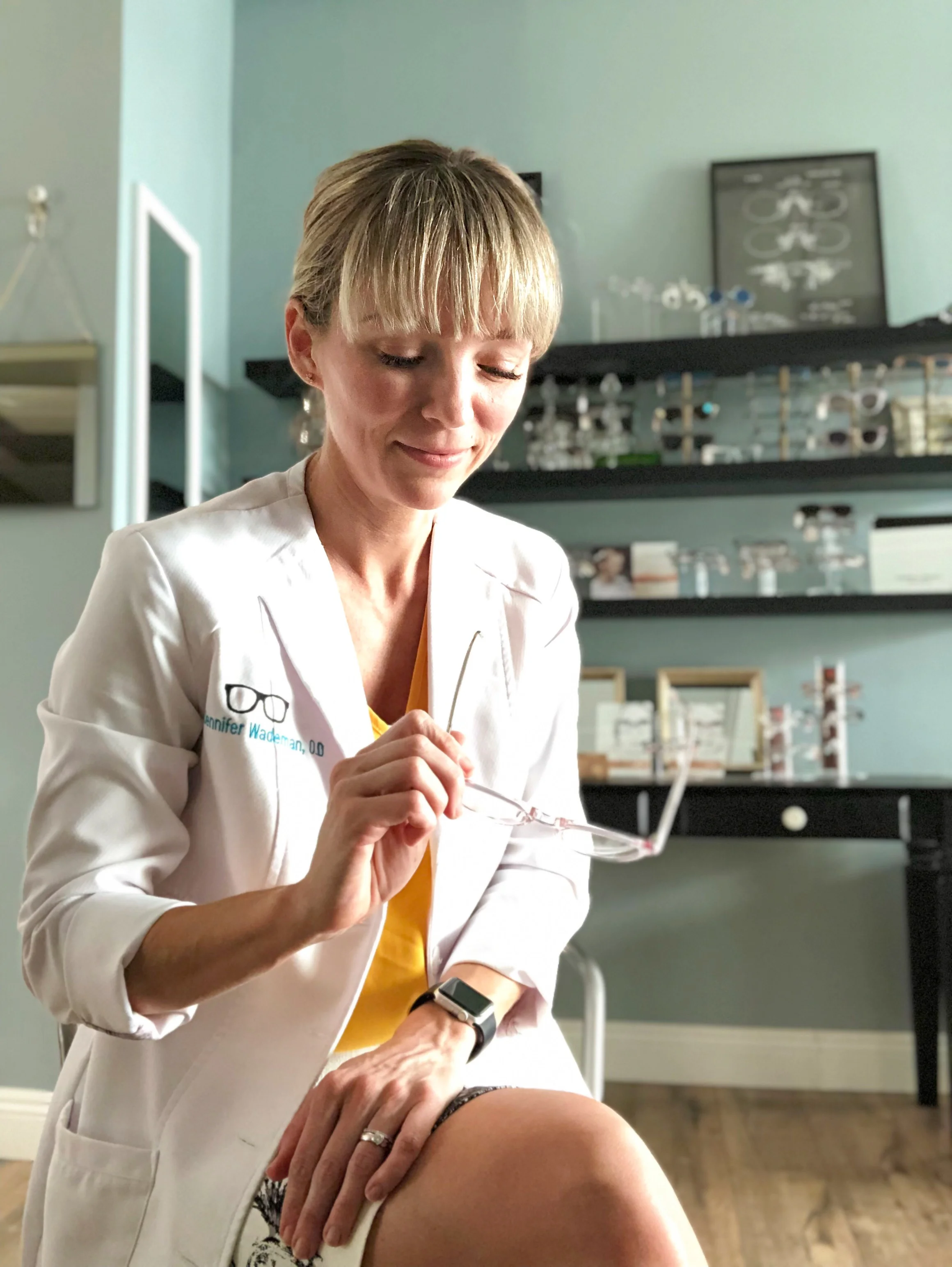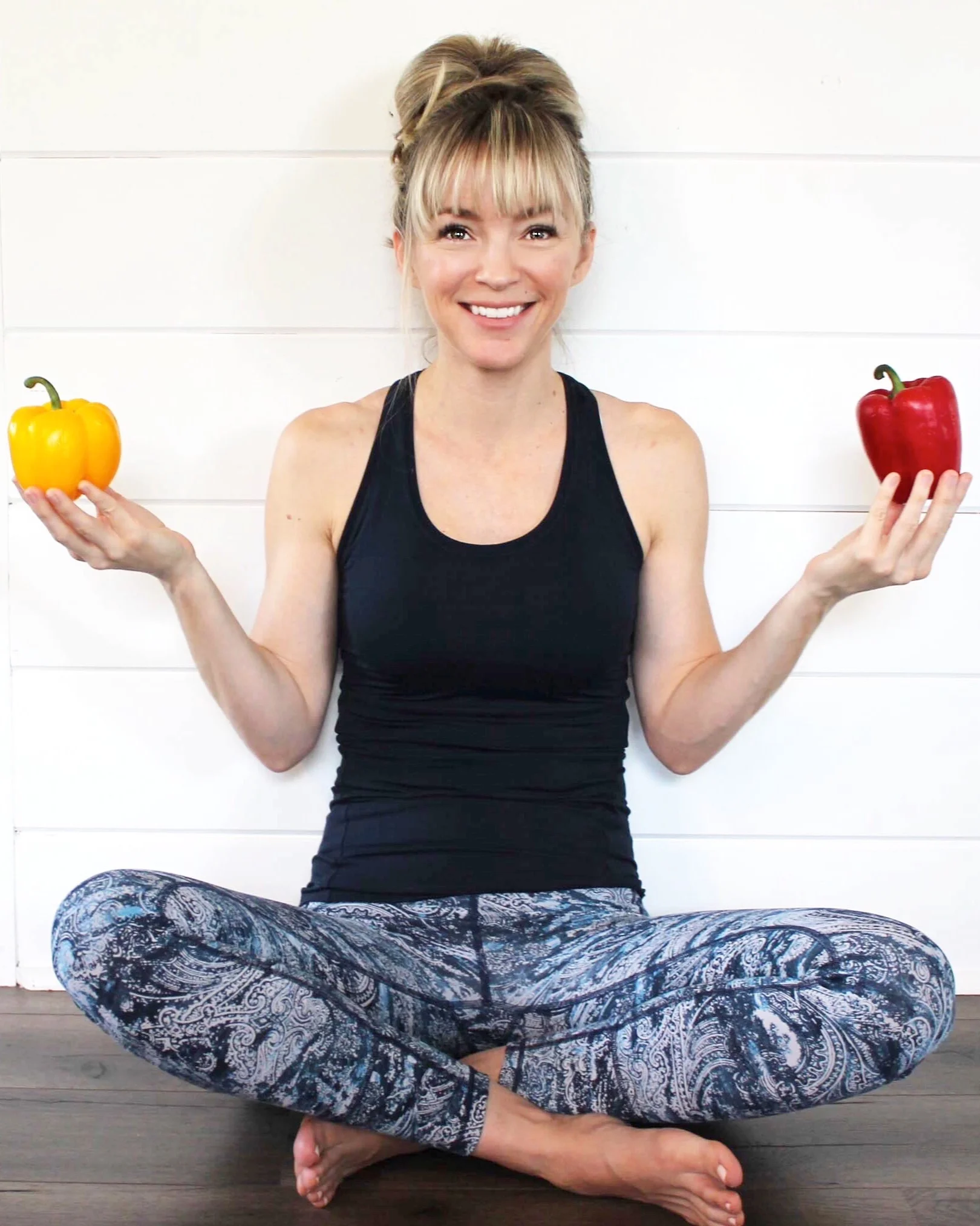Debunking Common Eye-Myths.
Perhaps, it was your mom or grandma who scolded you for reading without the proper light or maybe you have heard someone complain that every since they got glasses, “now they need them all the time”. Maybe a few of these common misconceptions about the eyes and vision you have believed or still believe. Well, Im here to debunk a few of these myths and shed some light on the facts. Do any of the following myths sound familiar to you?
Does having 20/20 vision mean that my eyes are perfect?
No, not necessarily. 20/20 is a term to express normal vision. However, having 20/20 vision does not necessarily mean you have perfect vision. 20/20 vision indicates the sharpness or clarity of vision. Other important vision skills include your peripheral vision, eye coordination, depth perception, focussing ability and color vision. These skills contribute to your overall visual performance. Vision can also remain unaffected during early stages of certain eye diseases. Potentially blinding eye diseases like glaucoma, or diabetic retinopathy can take years to develop. Vision can remain unaffected until late stages of the disease has run its course when little can be done to improve or change vision for the better. Your vision is so much more than just 20/20!
Does wearing glasses make my eyes weaker? No. This is a common misconception, often ignited by presbyopia, which is an age-related change that causes the lens inside the eye to change. The result is difficulty focussing at near, which gets worse over time. Here is how this myth develops: a patient gets reading glasses for the first time. They help clear up vision with tasks such as reading fine print. Over time, the patient notices that their vision gets worse and they need stronger reading glasses. The assumption is that the glasses made their eyes weak and now, they need the glasses and even worse, they need stronger glasses. The truth is that the eye (near vision) changes irrespective of wearing glasses or not. We get old and our bodies change and so do our eyes. It’s natural! Glasses are a tool meant to keep things clear and comfortable. Glasses for nearsightedness, astigmatism or farsightedness and presbyopia will not weaken the eyes anymore nor do they have the ability to cure these kinds of vision problems. Exceptions are the kinds of glasses given to children to straighten eyes (strabismus) or improve vision (amblyopia). Not wearing these kind of glasses may lead long-term problems with vision.
Will reading in poor light damage my vision?
No. While reading in dim light won’t damage your eyes or cause long-term vision problems, it can lead to eye fatigue. Just like any challenging visual task, the eyes can become tired faster than normal. Reading in poor light won’t damage the eyes any more than taking a photograph in dim light will damage a camera.
What other myths have you heard when it comes to the eyes and vision? Anyone ever remember, “Don’t cross your eyes or they will stay like that”? Comment below on some funny things (myths) you have been told about your eyes!
As always, stay HAPPY and HEALTHY!
Dr. Jennifer Wademan, O.D.




